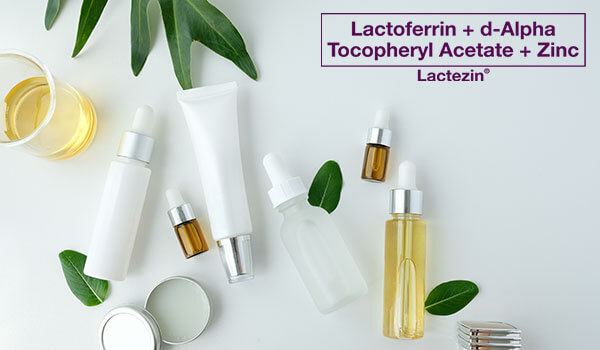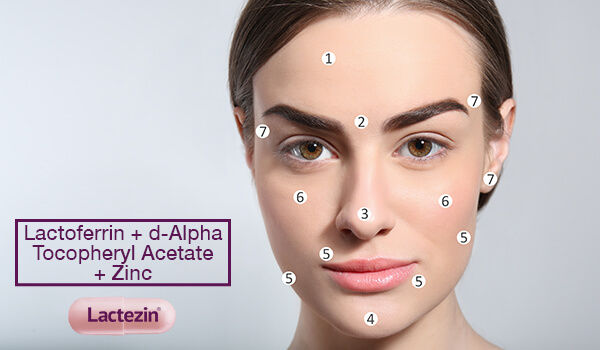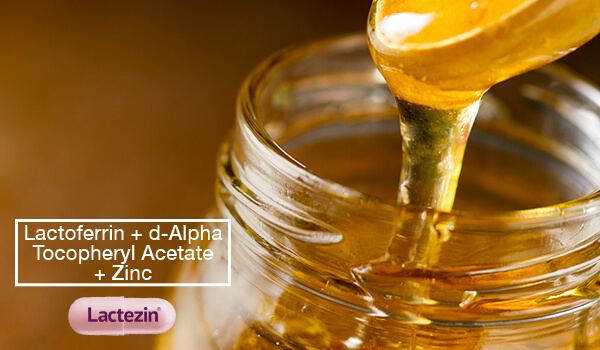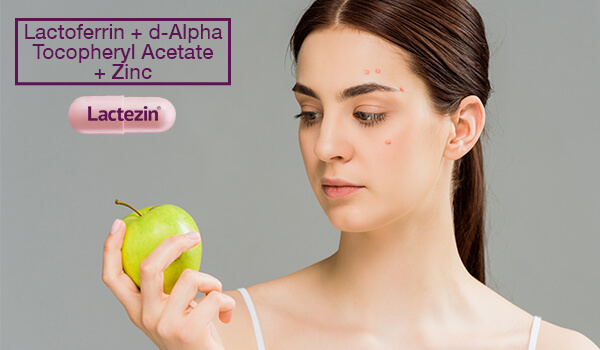Midlife Acne? Pimple Treatment Tips for Aging Skin
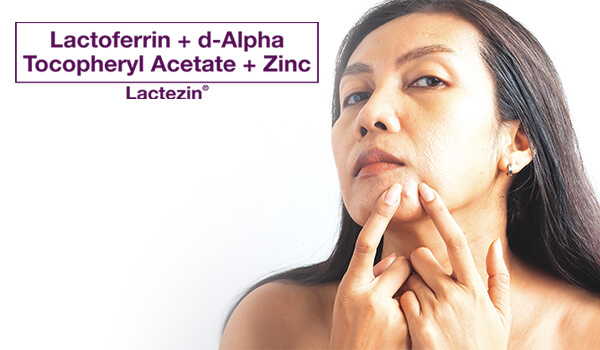
When we see blackheads, acne, and pimple treatments, puberty immediately comes to mind. After all, isn’t it a teenage problem? Well, we hate to break it to you. Just when you thought you’re way past the age of bothersome zits and acne breakouts, they can come back and haunt you in your 30s, 40s, and even 50s! So, why does it happen?
What are the causes of midlife or adult acne?
Hormones
One of the main culprits of adult acne is hormones and its fluctuation prior to a menstrual cycle. As your cycle nears, estrogen levels in the body decrease. This leaves androgen levels unchecked. The androgen, specifical testosterone, can inflate your skin’s oil production, which means higher chances of cystic acne around the chin, neck, and back.
Certain factors and health conditions can also tip hormone levels. This includes polycystic ovarian syndrome (PCOS), birth control medications, early menopause, primary ovarian insufficiency (POI), and ovarian cancer.
Stress
Adult responsibilities involving work and home life can induce a lot of stress. When you’re under pressure, the body produces a stress hormone called cortisol. Similar to testosterone, cortisol can increase oiliness as well as inflammation.
Diet
According to studies, excess insulin from foods with a high glycemic index may play a role in the effects of androgens on acne. Food with high carbohydrates such as pasta, bread, and rice can boost oil-encouraging male hormones. At the same time, dairy products, which are loaded with hormones, are best to be avoided.
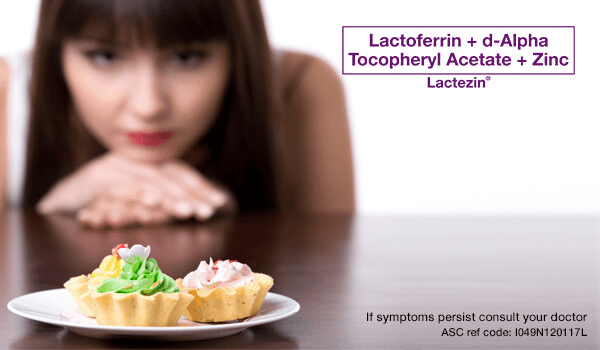
Makeup
Makeup is a confidence-booster for aging and acne-prone individuals. However, certain ingredients like silicones, alcohol, perfumes, colorants, parabens, and phthalates are highly comedogenic and can easily clog pores.
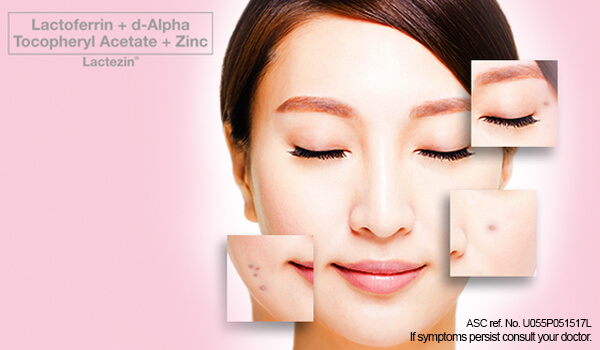
How do I treat it?
Familiarize yourself with active skin ingredients
Acne treatments might seem scary to the average consumer. With words like acids and retinoids often thrown around in medical journals and articles, it’s easy to get daunted. But knowledge and research about these ingredients is a vital step in getting rid of acne.
Glycolic acid is an alpha-hydroxy acid or an AHA that acts as an exfoliator and removes dead skin cells on the surface. This way, it targets both acne and wrinkles at the same time, improving its texture and reducing fine lines while also clearing it from breakouts. This multitasker can also boost moisture content, making the skin’s surface barrier hydrated and strong.
There is also retinol, a Vitamin A derivative that accelerates cell turnover and helps pores be less prone to clogging. It’s also an effective anti-aging ingredient, thanks to its collagen-building properties. The result? A brighter, more youthful appearance. Just be careful upon application as it can be too harsh for sensitive skin.
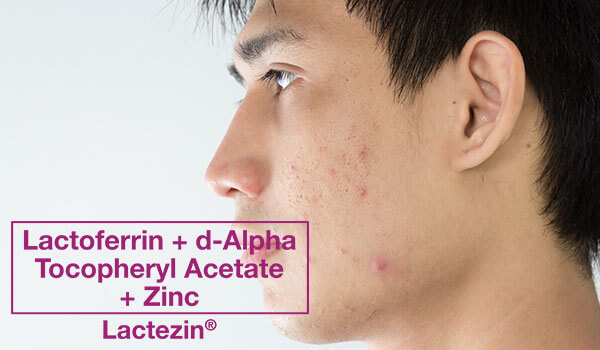
Visit a dermatologist
If you’ve tried every topical acne or pimple treatment you can find and nothing seems to work, then it’s time to go visit a professional. There is no definite way to combat acne because everybody’s condition is different. Visiting and consulting a dermatologist can help you build a profile that’s uniquely your own. Through this, they can recommend skincare and medication that’s perfect for you.
Oral medication
Medications that include Lactoferrin + d-Alpha Tocopheryl Acetate + Zinc can further help alleviate oily skin. These 3 ingredients has oil-regulating properties to help improve skin appearance and helps lessen pimples with regular intake.
If symptoms persist, consult your doctor.
Click here to learn more about Lactoferrin + d-Alpha Tocopheryl Acetate + Zinc (Lactezin): how Lactezin® works
SOURCES:
https://www.self.com/story/adult-acne-causes-and-treatments
https://www.prevention.com/beauty/a20488273/best-adult-acne-treatments/
https://thelovevitamin.com/19127/ingredients-avoid-makeup-acne/
